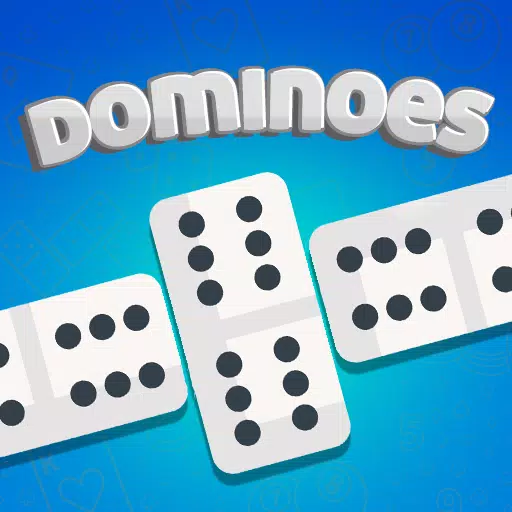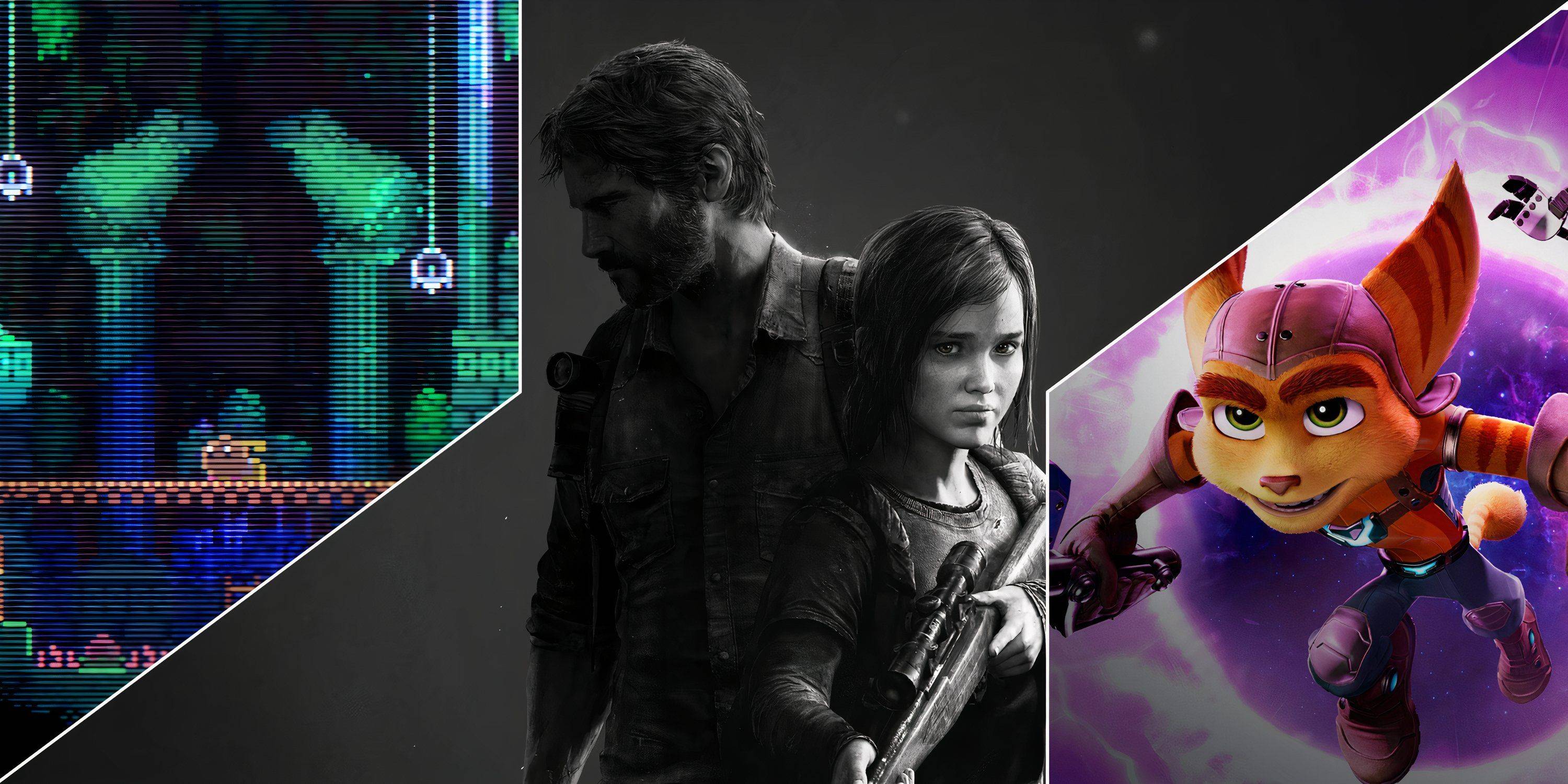Ubisoft Montreal's "Alterra": A New Voxel-Based Social Sim
Ubisoft Montreal, renowned for titles like Assassin's Creed Valhalla and Far Cry 6, is reportedly developing a new voxel game codenamed "Alterra," as revealed by Insider Gaming on November 26th. This project, allegedly born from a previously cancelled four-year development, blends elements reminiscent of Minecraft and Animal Crossing.
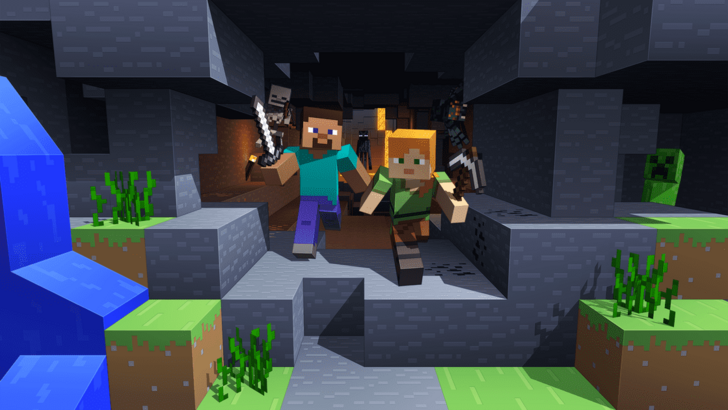
The gameplay loop, according to sources, will closely resemble Animal Crossing's charm. Players interact with "Matterlings," creatures described as resembling Funko Pop figures with large heads, inspired by both fantastical creatures (dragons) and familiar animals (cats, dogs). These Matterlings exhibit variations in appearance based on their attire.
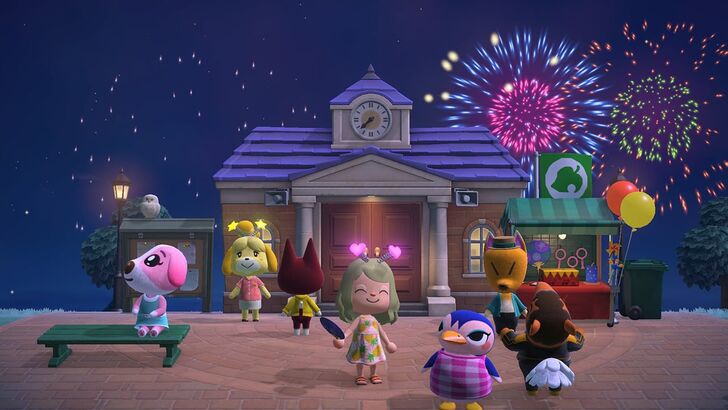
Beyond the home island and its inhabitants, players can explore diverse biomes, gathering resources for construction – a key Minecraft-like element. Different biomes yield distinct building materials; forests, for example, provide ample wood. However, exploration isn't without peril, as enemies will challenge players.

The project, led by producer Fabien Lhéraud (a 24-year Ubisoft veteran) and creative director Patrick Redding (known for his work on Gotham Knights, Splinter Cell Blacklist, and Far Cry 2), has been in development for over 18 months, starting in December 2020.
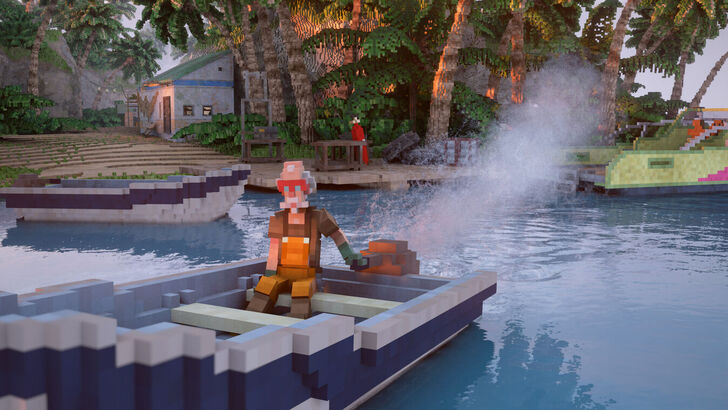
While the information is exciting, it's crucial to remember that "Alterra" is still under development and subject to change.
Understanding Voxel Games
Voxel games utilize tiny cubes or pixels to construct 3D environments, offering a unique rendering style often compared to digital LEGO bricks. While Minecraft uses a voxel-like aesthetic, its blocks are rendered using traditional polygon models. True voxel games, such as the upcoming "Alterra," render each individual cube, providing a distinct visual experience and eliminating the clipping issues often found in polygon-based games like S.T.A.L.K.E.R. 2 or Metaphor: ReFantazio.
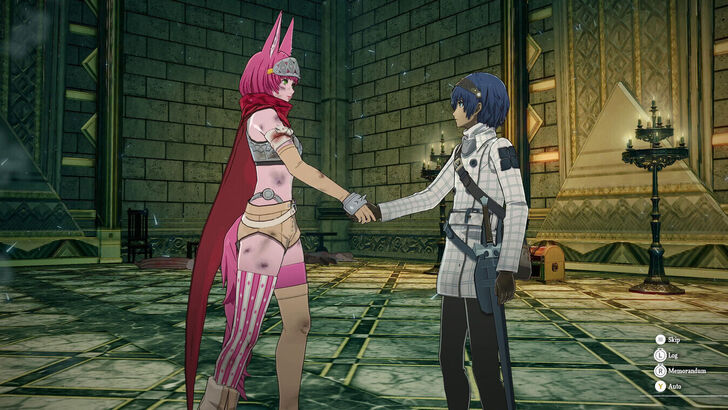
Ubisoft's embrace of voxel technology in "Alterra" presents a promising and innovative approach to game development.
 Home
Home  Navigation
Navigation






 Latest Articles
Latest Articles
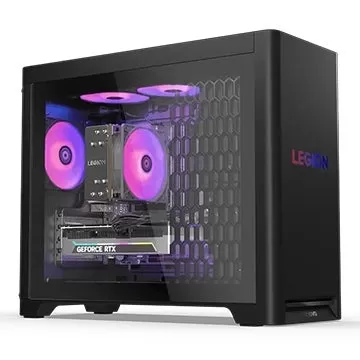
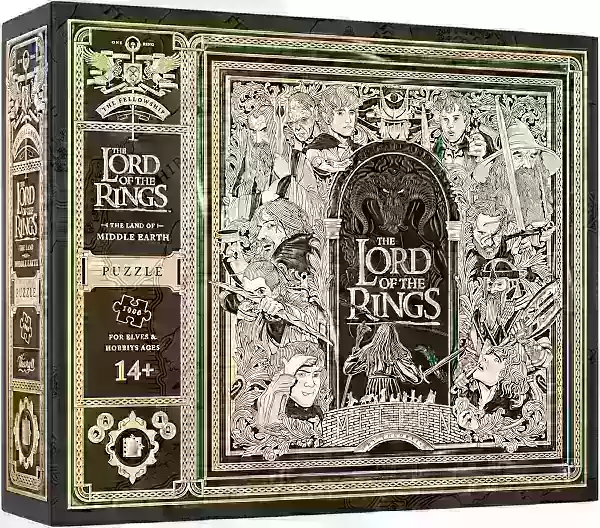








 Latest Games
Latest Games
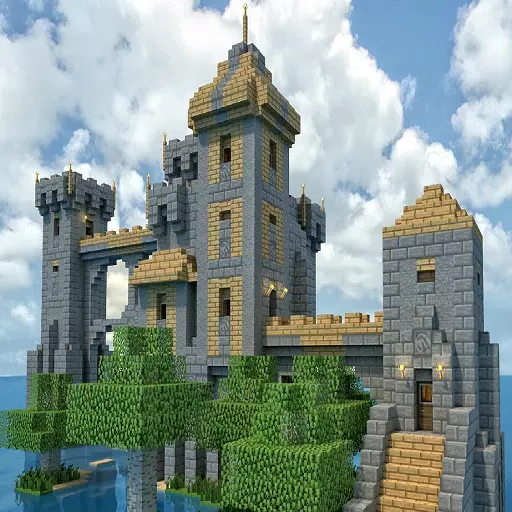

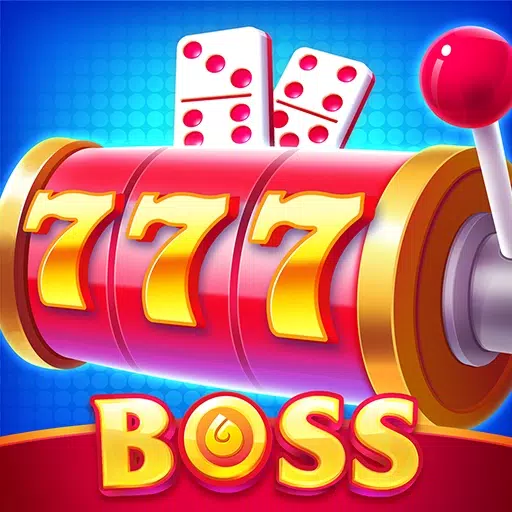

![Chubby Story [v1.4.2] (Localizations)](https://imgs.xddxz.com/uploads/85/1719638042667f981a5e9f8.jpg)

![Zia – New Version 0.4 [Studio Zia]](https://imgs.xddxz.com/uploads/47/1719569268667e8b74e6004.jpg)


